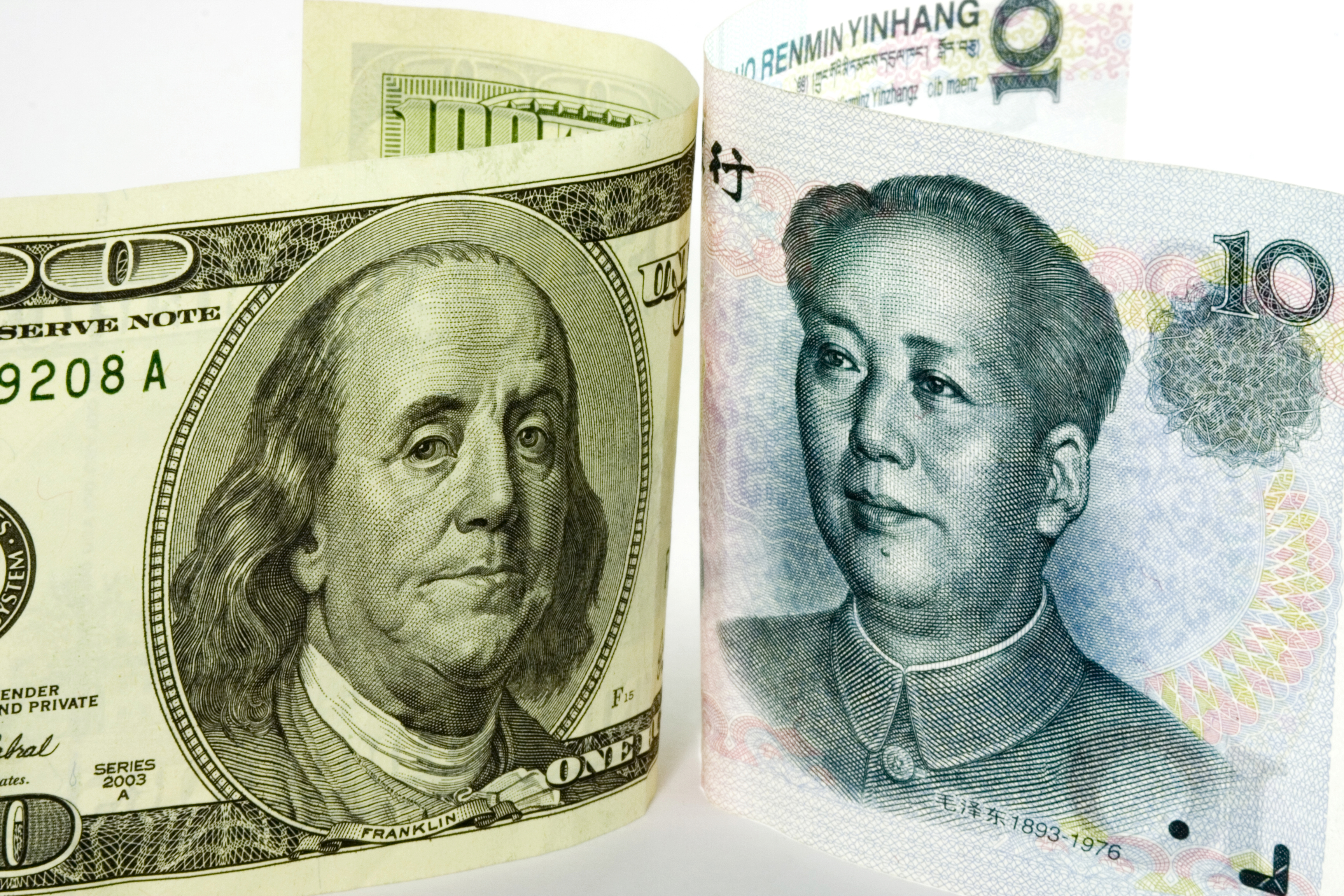The Federal Reserve’s decision to leave interest rates at historic lows have highlighted the perilous position the global economy is in, with potentially grave implications for trade.
Economists were torn as to whether the Fed would decide to make even the most incremental increase to the 0-0.25% rate it has held since late-2008. The decision to postpone shows that the board is wary of the potential knock-on effects around the world.
The dollar fell on last week’s decision – which board members have said was a “close call” – usually a bullish scenario for commodities. An initial rally, however, was held only in gold, suggesting that the Fed’s wariness has failed to inspire confidence in the commodities sectors.
Officials have admitted that weaknesses in emerging markets – many of which hold large current account deficits and would be hit heavily by a rise in the dollar interest rate – played on their minds, as did the ongoing concern over the economic situation in China.
“Indeed, the Fed’s hesitancy only appears to have reinforced investors’ worries about the global economy, rather than reassure them, leaving gold as one of the few beneficiaries,” says Julian Jessop of Capital Economics. “This mainly reflects concerns that the Fed has been deflected from raising rates by fears about China, which is an even bigger worry for many commodities. Consistent with this, the responses of oil and industrial metals to Fed inaction have been lukewarm. Note also that some emerging market currencies, notably the Brazilian real, are more important for key agriculturals and these have continued to weaken.”
The global economic situation has been getting bleaker as the year grows on, but despite this, it’s expected that a Fed hike will occur at some point before the end of the year. HSBC’s US chief economist has predicted a rise for December, while others have been speculating about the potential impact on emerging Asia.
Indonesia and Malaysia have been named by Arjen van Dijkhuizen, chief economist at ABN Amro, as the most vulnerable to lift off. “Malaysia’s short-term debt exceeds 30% of GDP as the country has large short-term financing needs, despite its modest current account surplus,” he says.
“A dovish hike might be less disruptive than a hawkish hold that would leave much of the uncertainty that plagued markets in recent months,” Frederic Neumann, HSBC
Both countries are also heavily reliant on commodity exports. Low interest rates are typically positive for commodities since it encourages borrowing, but despite the record low dollar rate, prices have been in freefall for more than 12 months. There are fears that even the slightest hike could provide further problems for Asia Pacific economies such as Australia, Indonesia, Malaysia, the Philippines and Vietnam.
Another argument is that the Fed hike has been such an inevitability, most economies and investors should by now have built it into their modelling and, therefore, the effects should be manageable. This is the view of Frederic Neumann, co-head of Asian economic research at HSBC.
“A hike should send ripples through financial markets, with investors rapidly adjusting positions. That, in theory, should also hit emerging markets, including those in Asia, where worries over currency weakness and excessive leverage have continued to grow. Further capital outflows might ensue, prolonging this summer’s turmoil. Nail- biting stuff,” he wrote in a recent research note, before espousing the alternative view.
“Given recent financial market jitters, a hike would presumably be accompanied by soothing words, reinforcing the view that officials would henceforth proceed cautiously amid a still mixed outlook for the US economy. In fact, a steep tightening cycle seems improbable.
“From this perspective, then, a dovish hike might be less disruptive than a hawkish hold that would leave much of the uncertainty that plagued markets in recent months on the table. This, to be sure, is not to say that emerging Asia’s travails would vanish. Structural problems remain, whether in China or elsewhere, with growth sliding and debt concerns mounting. But it might well turn out that the initial ripples will prove far less severe as many seem to expect. Certainty, after all, is what markets cherish above all.”







